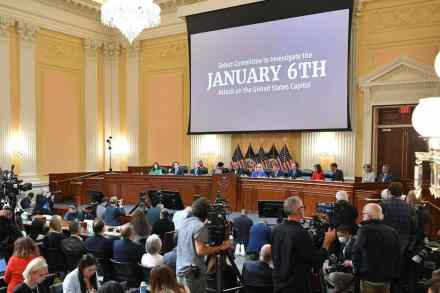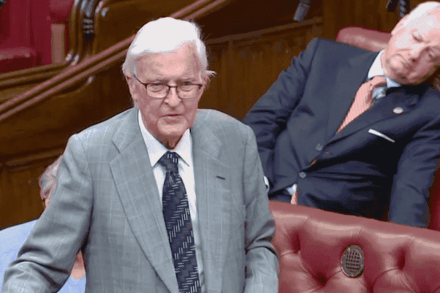Britain’s ivory ban is needlessly draconian
The world’s most draconian ban on the trade in ivory came into force in the UK this month. It does not increase the legal protections already enjoyed by all living elephants, but rather extends these protections to elephants that have been dead for decades. Trade in ivory and most ivory products from elephants killed after 1947 was already illegal; now all trade in ivory except that covered by five narrow exemptions is banned and subject to a maximum penalty of a £250,000 fine or five years’ imprisonment – even if the tusks were last attached to a living elephant centuries ago. The supporters of the ban argue that it stops




















